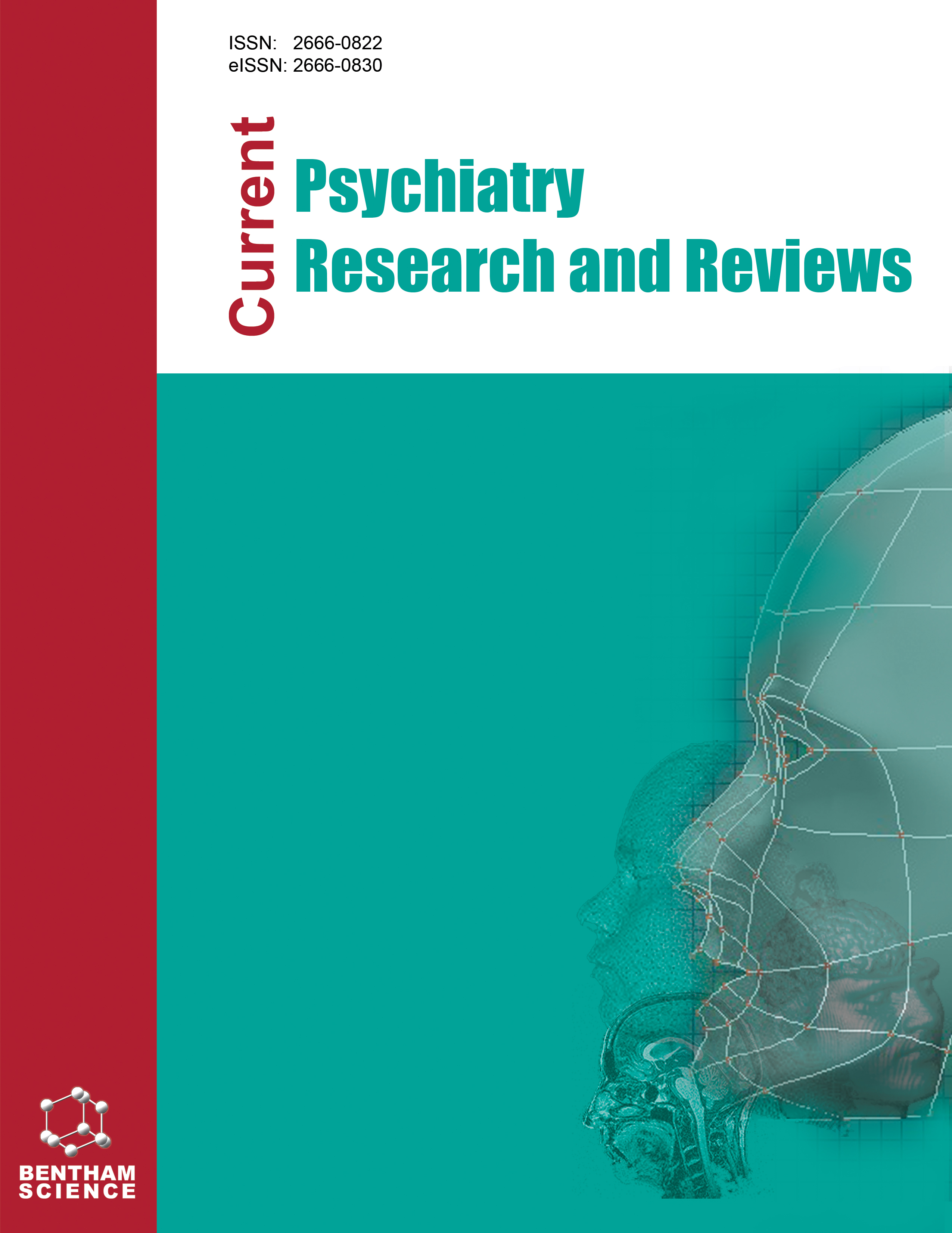-
s Omega-3 Fatty Acid Supplementation Improves Attention Deficit-Hyperactivity Disorder Symptoms in Children
- Source: Current Psychiatry Research and Reviews, Volume 20, Issue 1, Feb 2024, p. 48 - 58
-
- 01 Feb 2024
Abstract
Background: Attention Deficit-Hyperactivity Disorder (ADHD) is one of the most common neuropsychiatric disorders in children. Increasing evidence suggests an association between omega-3 fatty acid and ADHD. We aimed to investigate the effects of 6-month omega- 3 fatty acid supplementation on the fatty-acid profile of erythrocytes and on the clinical severity of ADHD symptoms in children. Methods: Recruitment included 32 children aged 6-14 years diagnosed with ADHD at the Child and Adolescent Psychiatry Department at Ziv Medical Center, Israel. Intervention included refrigerated omega-3 fatty acid supplementation normalized to body weight. Blood samples were taken at baseline, 3 and 6 months after intervention for quantification of fatty acids from erythrocyte membranes. ADHD symptoms were assessed by parents and teachers according to the ADHD Rating-Scale and the Strengths and Difficulties Questionnaire. ADHD severity was additionally assessed by a psychiatrist according to the Clinical Global Impressions Scale. Results: Supplementation of omega-3 fatty acid in children with ADHD raised their omega-3 index statistically significantly from an average of 4.4% omega-3 index at baseline to 11.6% after 6 months and had beneficial effects on ADHD symptoms, as measured by validated questionnaires and in accordance with a pediatric psychiatrist examination. Conclusion: Our pilot study showed that dietary supplementation of omega-3 fatty acid increased the blood omega-3 index levels and improved ADHD symptoms even at the midpoint of 3 months.


